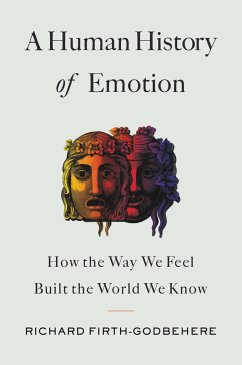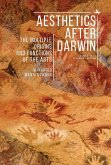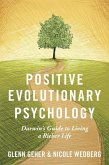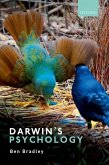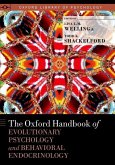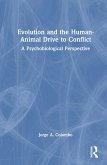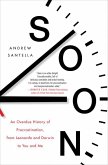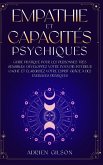"We humans like to think of ourselves as rational creatures, who ... have relied on calculation and intellect to survive. But many of the most important moments in our history had little to do with cold, hard facts and a lot to do with feelings. Events ranging from the origins of philosophy to the birth of the world's major religions, the fall of Rome, the Scientific Revolution, and some of the bloodiest wars that humanity has ever experienced can't be properly understood without understanding emotions. Drawing on psychology, neuroscience, philosophy, art, and religious history, Richard Firth-Godbehere takes readers on a ... tour of the central and often under-appreciated role emotions have played in human societies around the world and throughout history"--

